On hot summer days, everyone dreams of cool air. When there seems to be no end to the hot weather, air conditioners and air coolers come to the rescue. Although they may sound very similar, they both work in different ways. Read our article and find out the differences between air conditioners and air coolers in order to choose the right equipment for your needs.
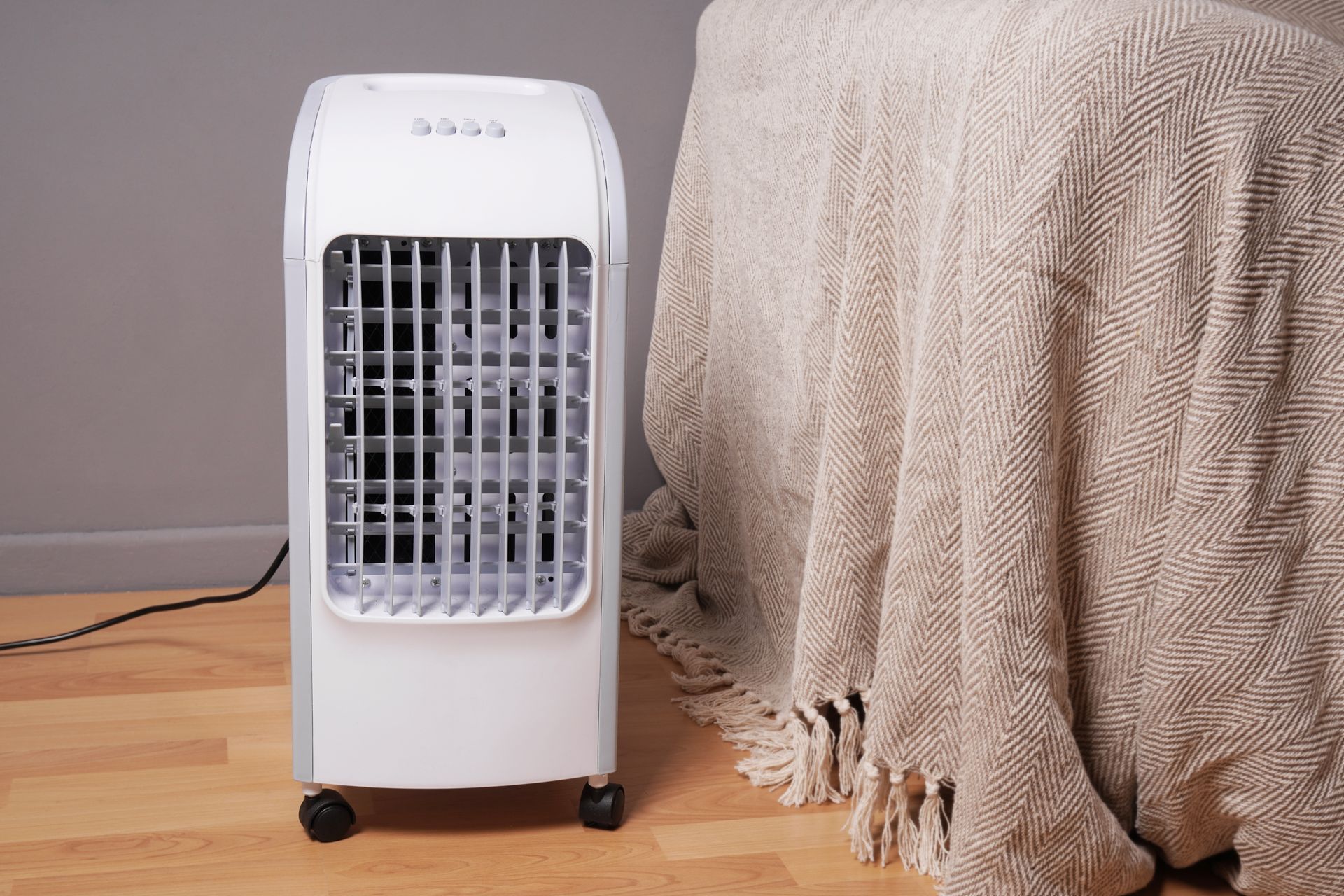
On hot summer days, everyone dreams of cool air. When there seems to be no end to the hot weather, air conditioners and air coolers come to the rescue. Although they may sound very similar, they both work in different ways. Read our article and find out the differences between air conditioners and air coolers in order to choose the right equipment for your needs.
What is an air cooler and how does it work?
An air cooler is also sometimes called an evaporative air cooler. However, they are both the same device. So how does an air cooler work?
The basic element of an air cooler is the special cooling pad. Depending on the model, it could use cold water, wetted material, ice cubes or special ice packs known from tourist refrigerators. It is designed to lower the temperature of the air that is drawn into the device. It also acts as a humidifier, so the air is not dried out during cooling. In addition, some air coolers also have filters that catch particles of dust, hair and other allergens.
Air coolers resemble fans with a humidifying function. They could be an alternative solution if you are considering other cooling equipment, such as a tower fan.
What is an air conditioner and how does it work?
Air conditioners are popular, among others in offices, shops or clubs. Unlike air coolers, they don’t use water as the coolant. Instead, they emit freon, which effectively lowers the temperature of closed spaces. Some models also have a heating function, which is perfect for autumn and winter.
Air conditioners are available in two variants – monoblock and split-system. Monoblock air conditioners are installed indoors with an air pipe (typically attached through the wall) to disperse the heat outside. All the necessary components are housed in a single unit, which makes them louder than split air conditioners.
Split-unit air conditioners are composed of an indoor unit (housing the evaporator and fan) and an outdoor unit (housing the compressor, condenser, and expansion valve). The unit placed outside the building contains such elements as the condenser, fan or compressor, so the noise level in the room is much lower.
An air-conditioning system consisting of a grid of ventilation ducts and an A/C unit is also sometimes wrongly called an air-conditioner. This system cools the air, while also ensuring an appropriate level of humidity and cleanliness. At the same time, it is also intended to remove stale air. Air conditioners, on the other hand, only cool the air, often causing it to dry out.
Air coolers vs. air conditioners – the main differences
When choosing a cooling device for yourself, you should consider the pros and cons. To do so, you will need to know the differences between air coolers and air conditioners.
Cooling factors are the main distinguishing feature. We already mentioned that air coolers use water or ice to lower the temperature. They provide a pleasant breeze of moist air, ideal for hot and dry days. However, you must be careful not to overdo it with moisturising, to avoid causing a feeling of discomfort. Water is environmentally friendly, which cannot be said about freon. On the other hand, the refrigerant in air conditioners means the low temperature continues to be felt even when the device is turned off.
Another aspect is the efficiency of the particular models. Air coolers can lower the temperature by approx. 4°C and it is often impossible to precisely set the exact value. Air conditioners, in turn, have a much greater cooling range, as well as heating. They also make it possible to precisely determine the optimal temperature. It is worth noting, however, that with hotter air temperatures, the efficiency of air coolers increases and air conditioners decreases. This means that the latter type uses more energy to provide the chosen level of cooling.
The type of room in which the devices will work is also important. Air conditioners are an excellent choice for small and medium-sized closed spaces. When choosing such appliances, remember to keep doors and windows closed. As already mentioned, the warm air drawn from outside reduces their effectiveness. Evaporative air coolers, on the other hand, are perfect for partially-open rooms, and open windows and doors are also not a problem in this case.
Another difference are the size and method of assembly. Air coolers are like medium-sized suitcases. Fitted with wheels, you can easily move them around, and even hide them away when it gets cold. In addition, you simply need to plug them in for them to start cooling.
Air conditioners, on the other hand, are often permanently fitted to the wall, so they will become a part of your decor. It is therefore worth looking for something that will look good in your home. If you choose a split model, you will need to connect the indoor unit to the external one. To do this you will need to make a hole in the wall and attach a special frame to the outside of the building. Mobile air conditioners could be an alternative, although they are not as efficient.
Which type should you choose for your home and your business?
The choice of cooler for your home or office depends on a few things. When it comes to costs, evaporative air coolers are undoubtedly a cheaper solution and do not use as much energy. They are also easier in terms of positioning in the room. The area they are able to cool is sufficient for most homes and offices.
A disadvantage is the relatively small temperature range of cooling and the need to refill the tank or freeze the pads. In addition, air coolers take up valuable floor space, which can be a nuisance in small rooms. The use of moisture to cool the air makes it better not to place these products near electrical appliances or important documents that could be damaged.
Air conditioners are more expensive, but they provide a much bigger cooling range, with the temperature remaining even after the device is turned off. The heating function is another advantage. They also take up less space, as they are mounted on the wall.
However, as fitting them requires interfering with the structure of the building, their installations is not easy, and sometimes even impossible. They also result in high power consumption and there are the harmful effects of freon.
Air coolers vs. air conditioners – summary
To choose between an air cooler and an air conditioner you should consider the many pros and cons of both options. A lot also depends on your financial situation and the possibility of installation in the intended space. If your apartment or office is located in a historic building, then the installation of a split air conditioner may require formal permission. In such cases, the decision will not always be in your favour.
You should also decide by how much do you want to cool the temperature. Air coolers may have a relatively smaller cooling range, but they compensate for this by additionally humidifying and purifying the air. However, bear in mind that too much humidity is also not pleasant. So it is always a good idea to ventilate the room from time to time. However, if you are looking for a solution that will keep you cool in summer and warm in winter, then a wall-mounted air conditioner will be best.

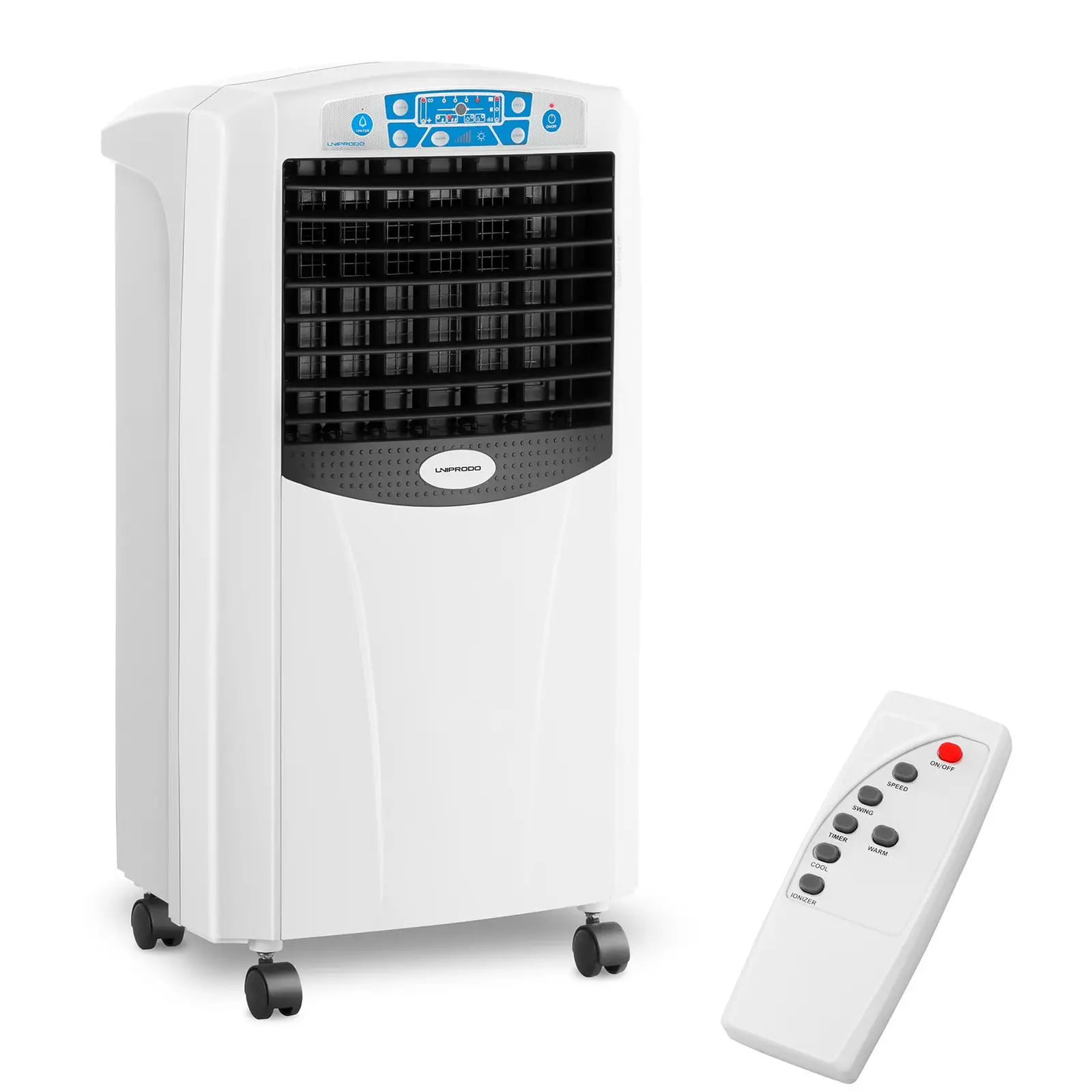
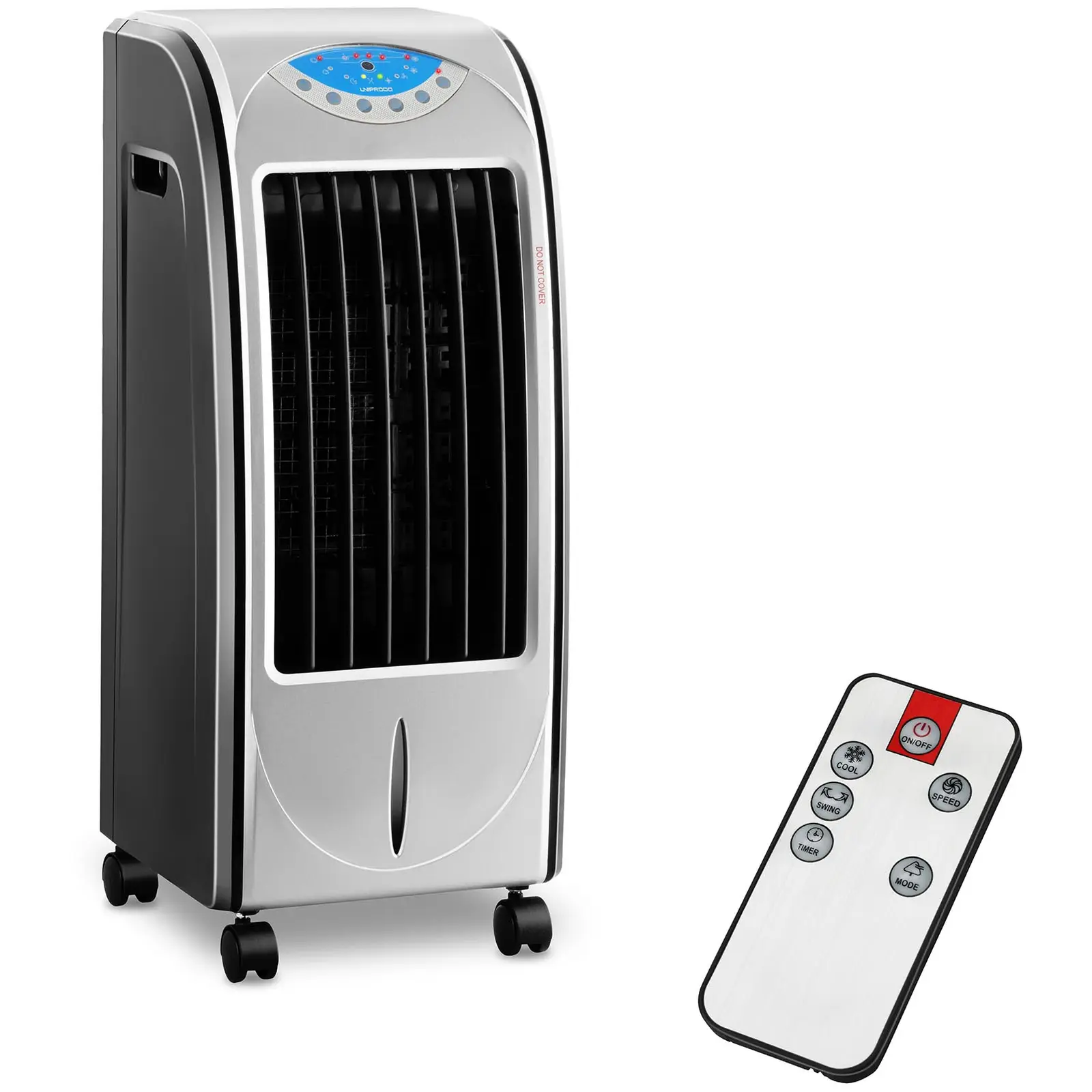
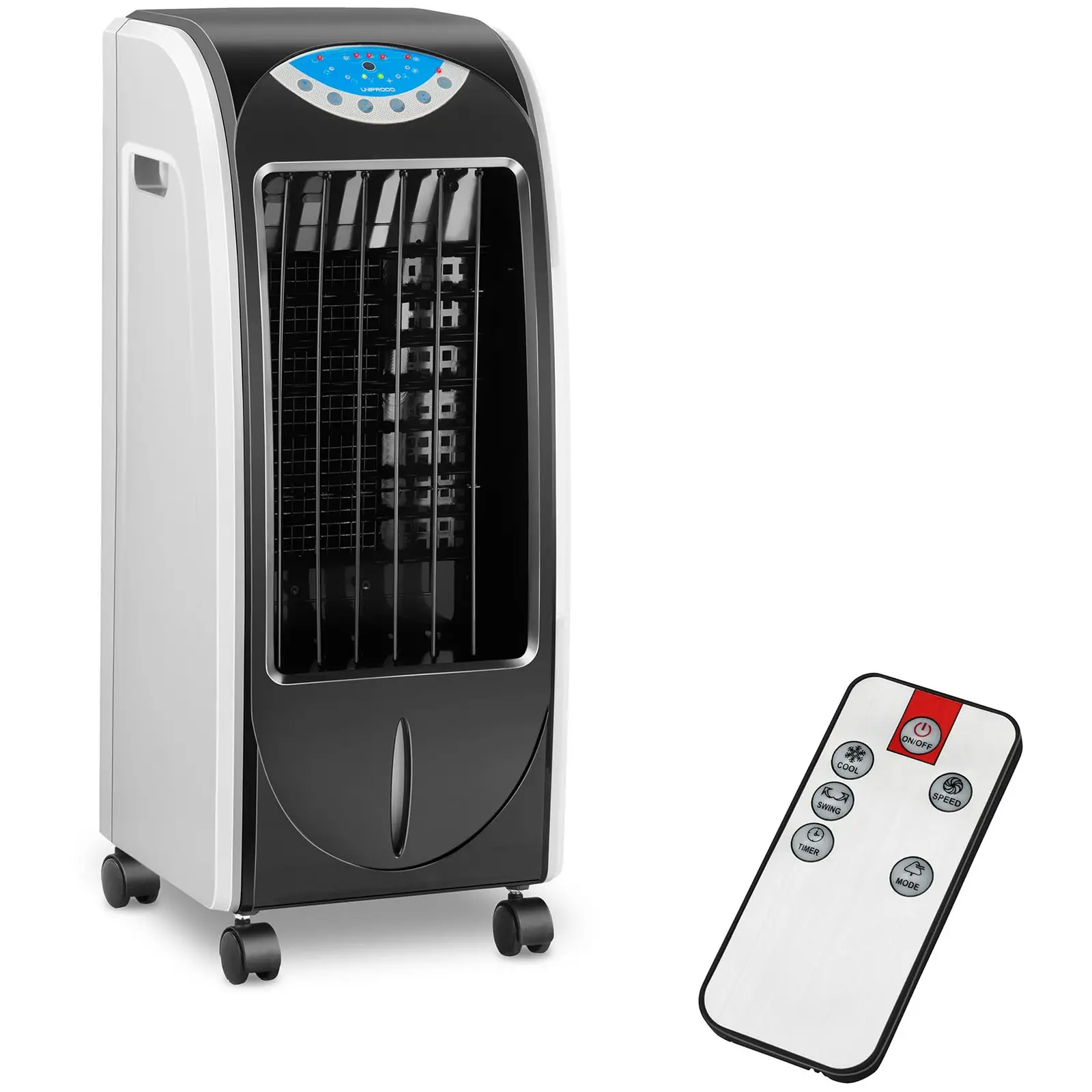
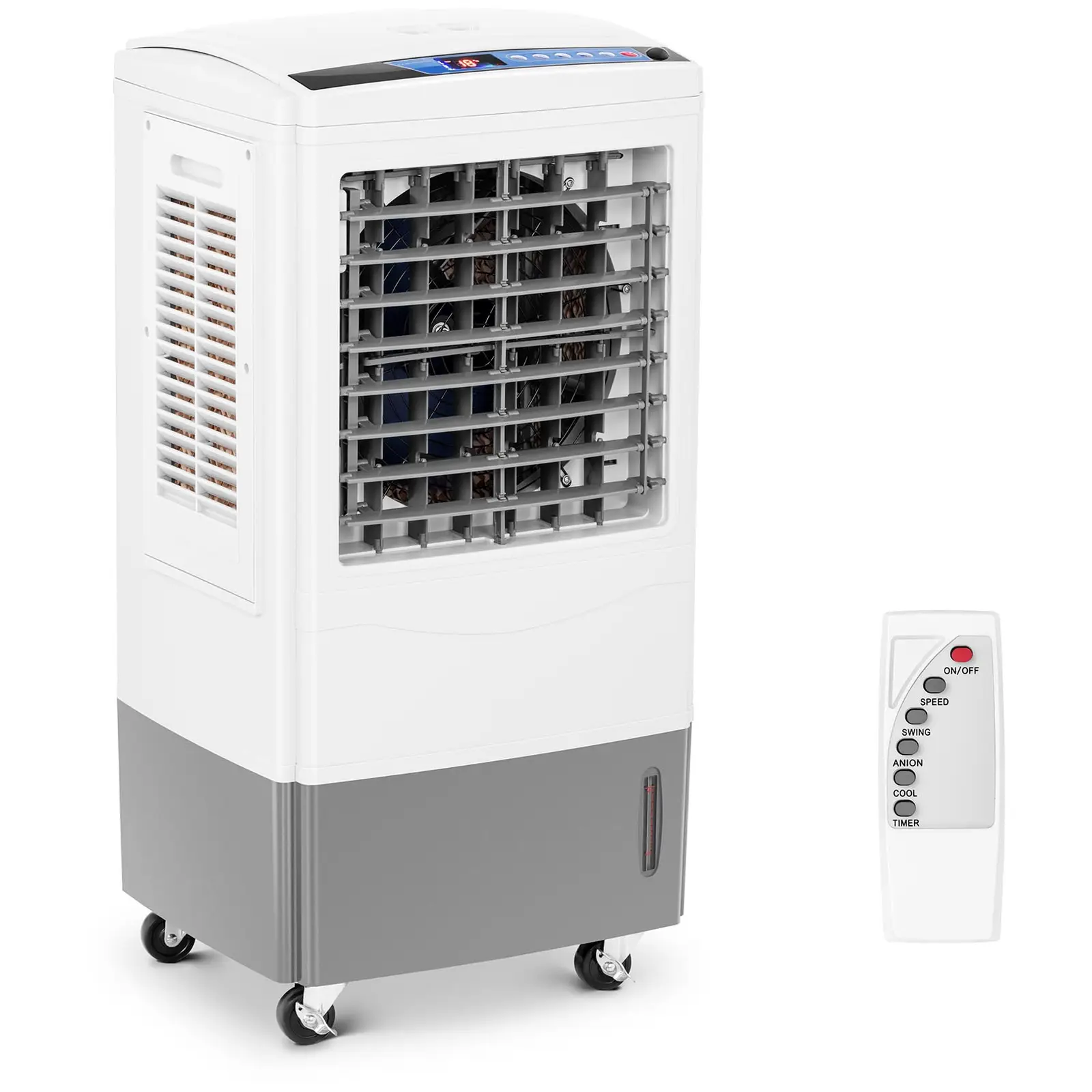
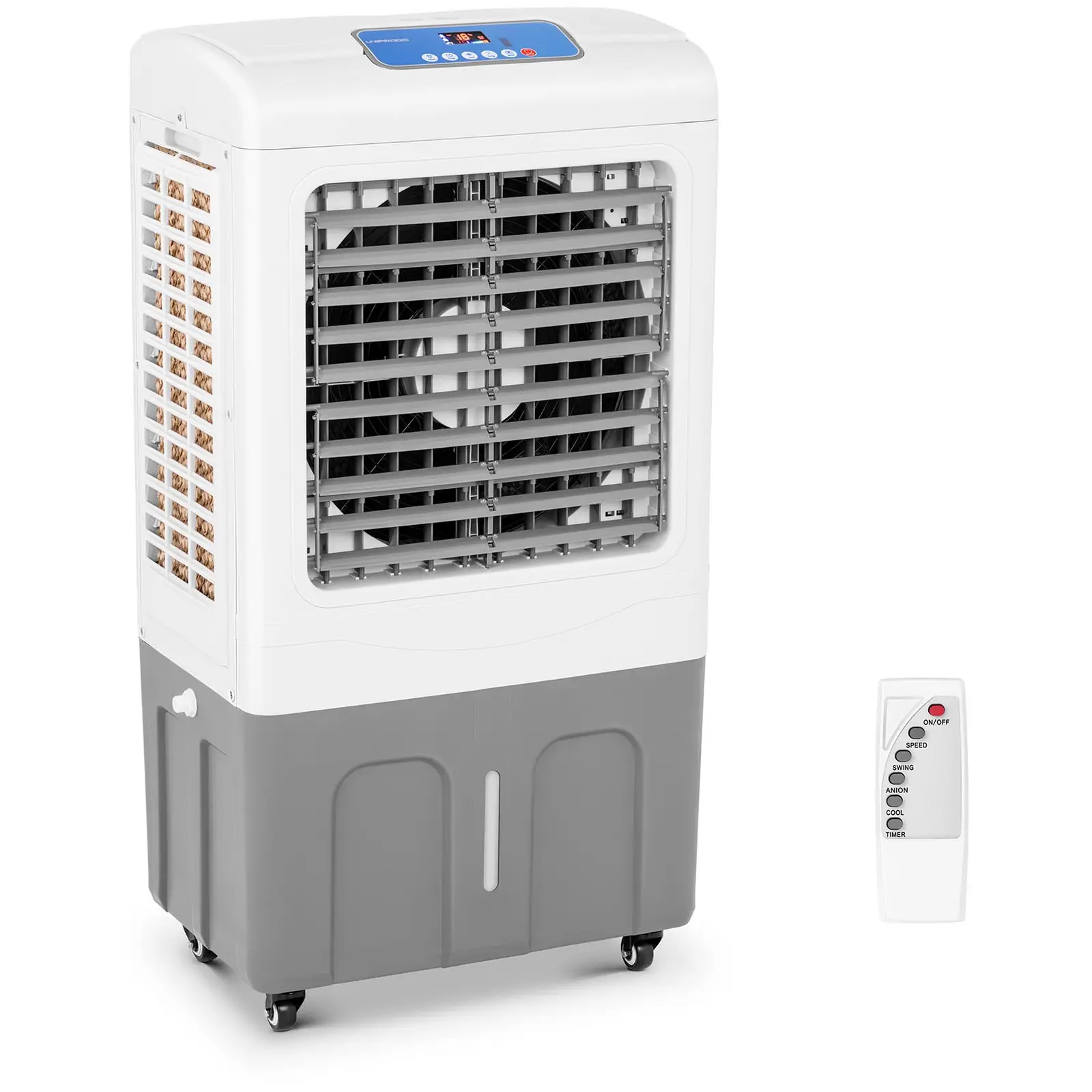
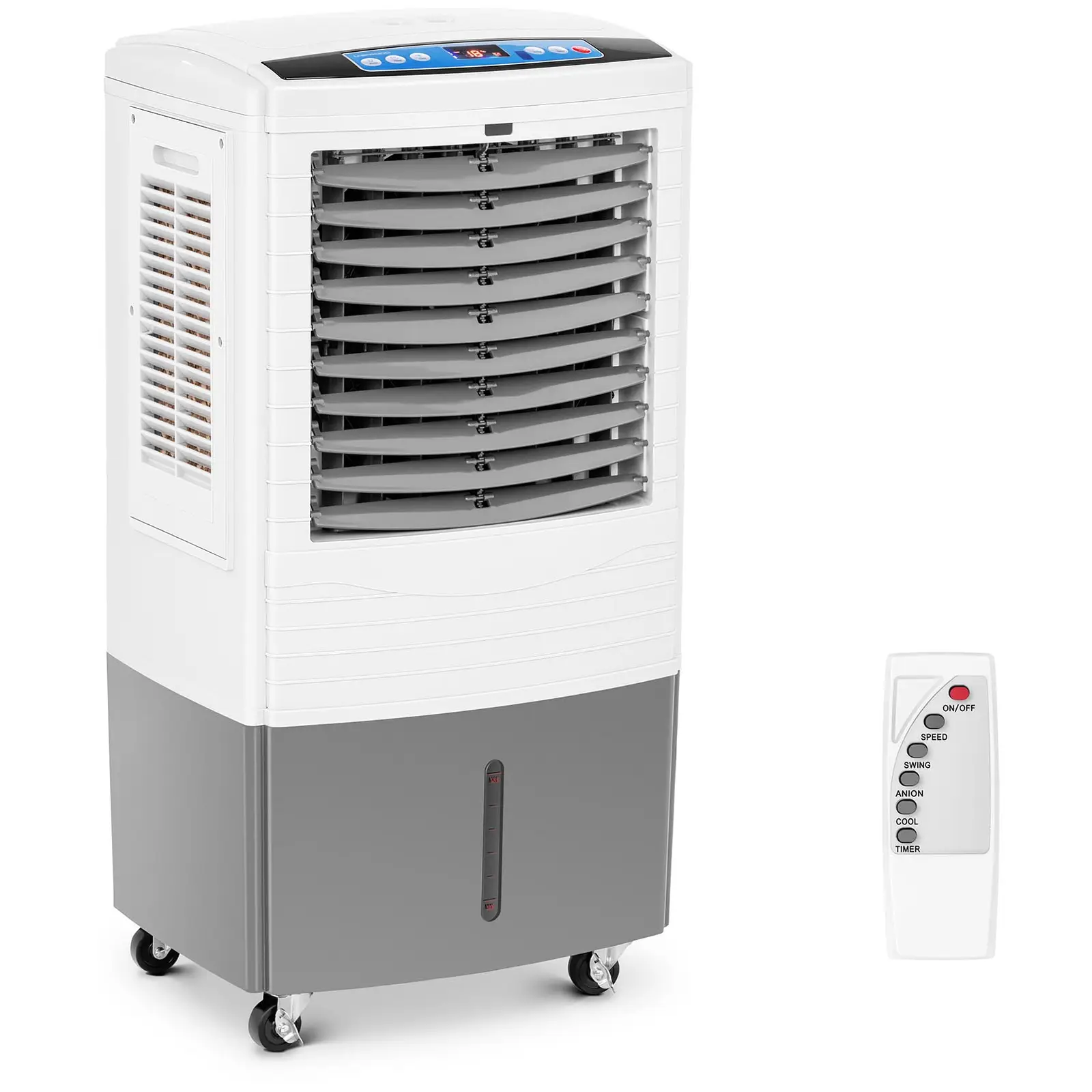
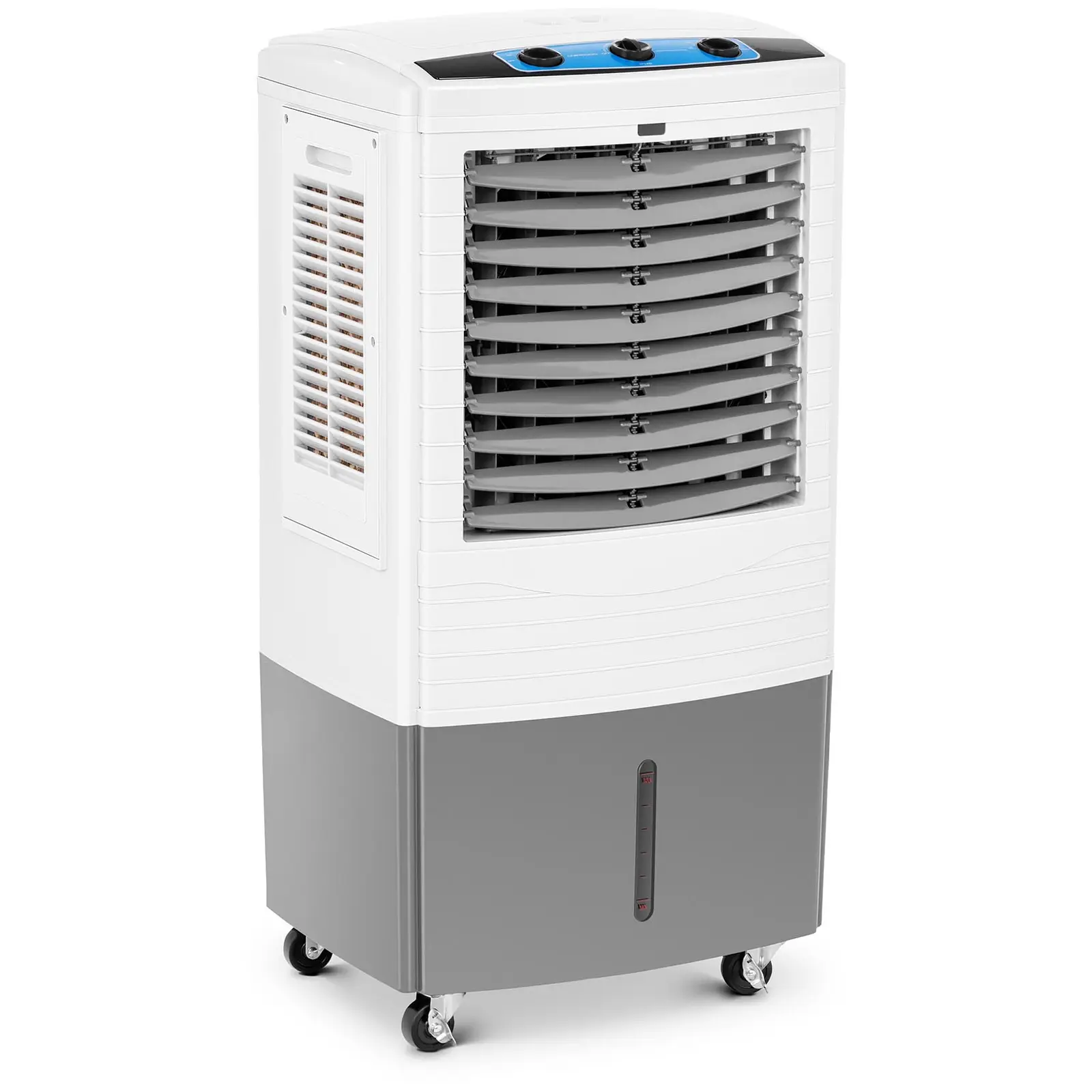
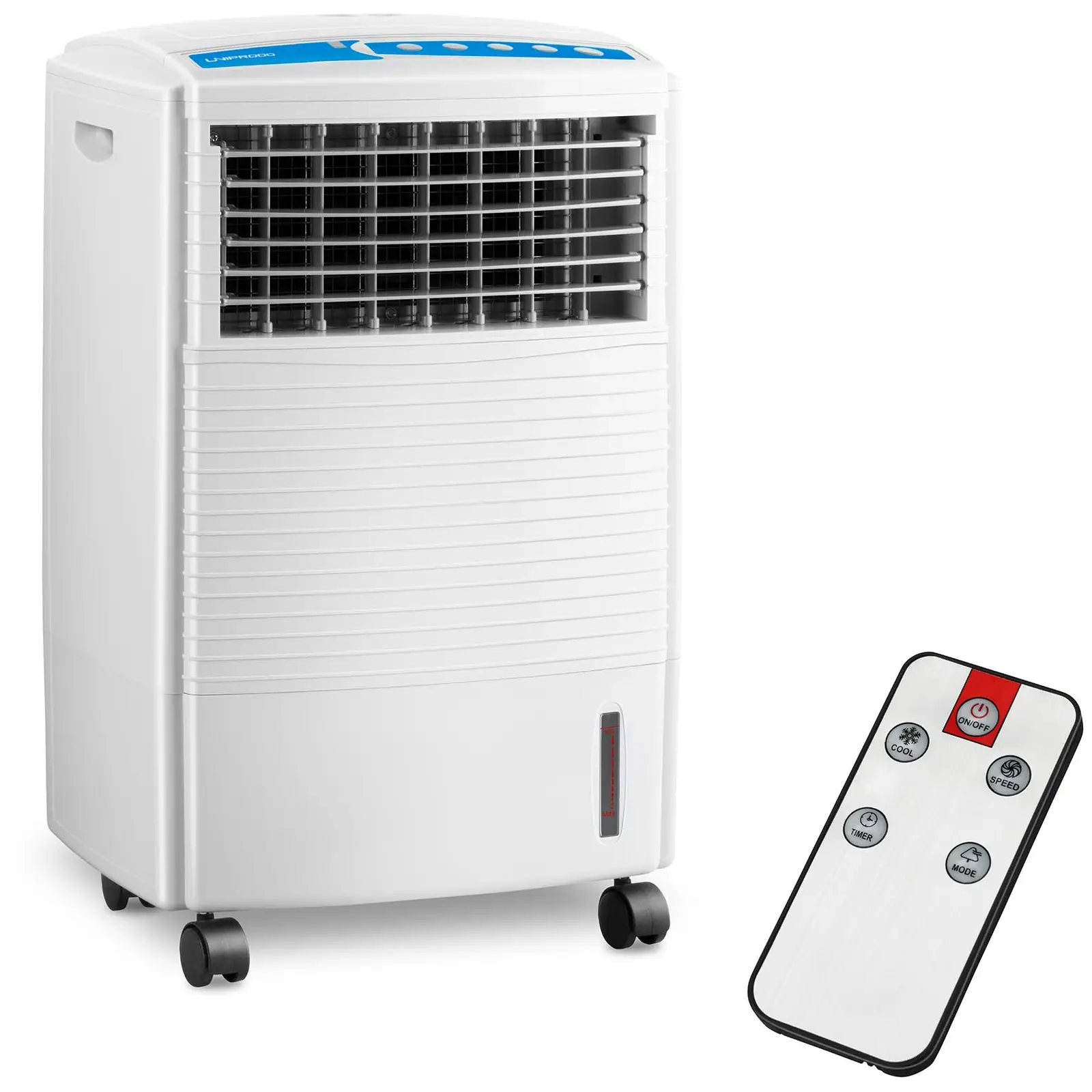





Share